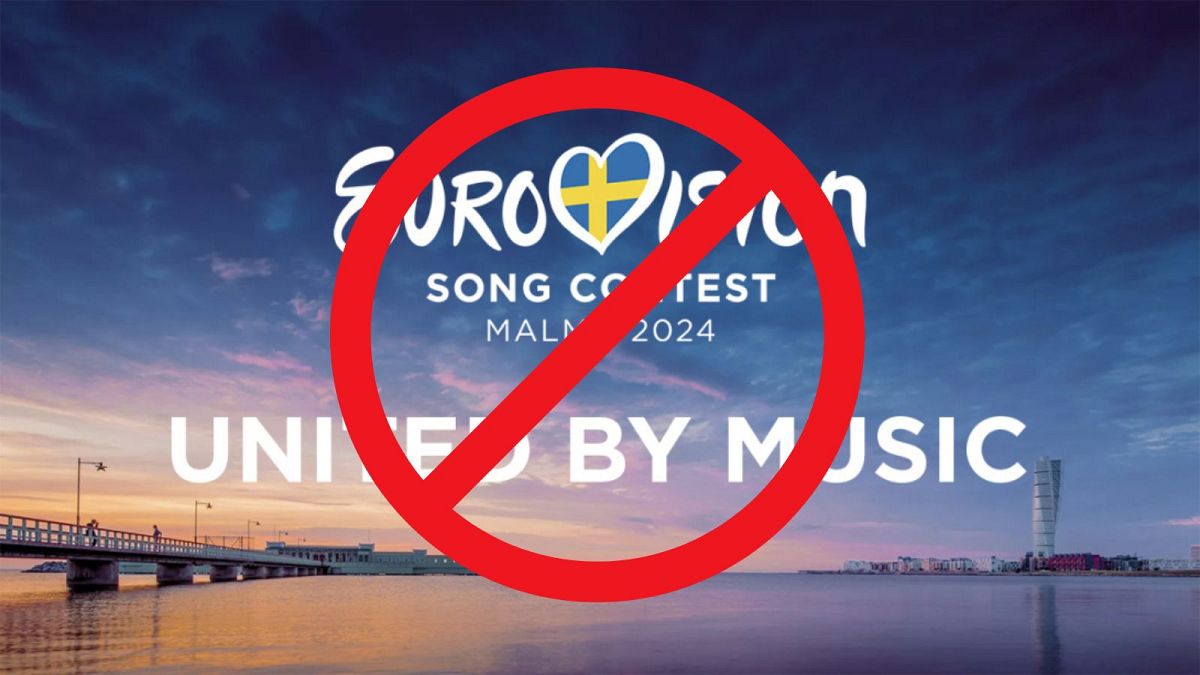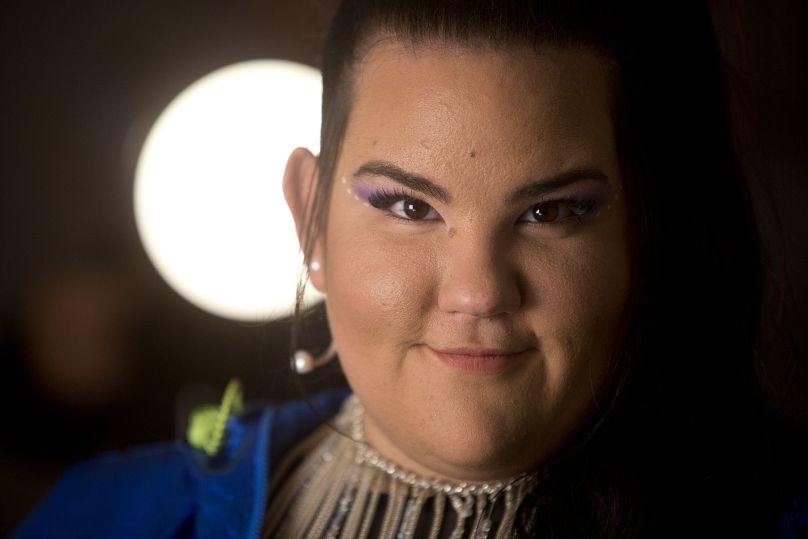"'United by the music' or united by committing a genocide?" Eurovision faces backlash after Israel approved for 2024 participation.
Israel has been included on the list of participating countries for Eurovision 2024, leading many to call for the country to be banned from the contest due to the ongoing Israel Hamas war, and for the boycott of next year’s Eurovision.
According to the UN agency for Palestinian refugees, UNWRA, nearly 1.9 million people - more than 85% of the population in Gaza - have been displaced across the Strip since the 7 October attack on Israel by Hamas militants, in which some 1,200 people were killed and around 240 taken hostage.
“I'm 100% boycotting Eurovision because they decided to include Israel and Azerbaijan despite their atrocities and crimes against humanity. What a nasty organization.”
“Long past time they kick Israel out. They did with Russia last year.”
“"United by the music" or united by committing a genocide? Israel needs to go. Same thing that happened with Russia. You are applauding and approving violence and a genocide.”
Following online criticism, the European Broadcasting Union released a statement regarding Israel’s participation in Eurovision, saying that it currently has no plans to ban Israel from the Eurovision Song Contest.
“The Eurovision Song Contest is a competition for public broadcasters from all over Europe and the Middle East. It is a contest for broadcasters – not for governments – and the Israeli public broadcaster has been participating in the contest for 50 years. The EBU is a member-led organisation. The EBU’s governing bodies – led by the Board of Directors – represent the members. These bodies assessed the list of participants and decided that the Israeli public broadcaster complies with all competition rules. Together with 36 other broadcasters, it will be able to participate in the competition next year.”
The EBU based its decision on the current attitude of other international organisations towards Israel:
“At the moment, there is an inclusive attitude towards Israeli participants in major competitions. The Eurovision Song Contest remains a non-political event, uniting audiences worldwide through music.”
Facing comparisons between Israel being allowed in the contest and Russia being banned (Russia were excluded from Eurovision in 2022 due to the country’s invasion of Ukraine), the EBU explained:
“In 2022, following the invasion of Ukraine, the EBU’s governing bodies decided to exclude Russia from the Eurovision Song Contest, where they were to compete alongside Ukraine. As said before, the Eurovision Song Contest is a competition for broadcasters. After repeated violations of membership obligations and violation of the values of the public media, Russia was suspended.”
Sweden will host the 68th Eurovision Song Contest next May following Loreen's win in Liverpool this year with the song 'Tattoo'. Her victory meant that Ireland and Sweden are now tied for the most Eurovision Song Contest wins, with seven each.
The world's biggest live music event is being staged in Malmö, marking the third time that city has hosted the contest.
Israel has won the contest for times – in 1978, 1979, 1998, and most recently in 2018, when Netta Barzilai won with ‘Toy’ in Lisbon.




